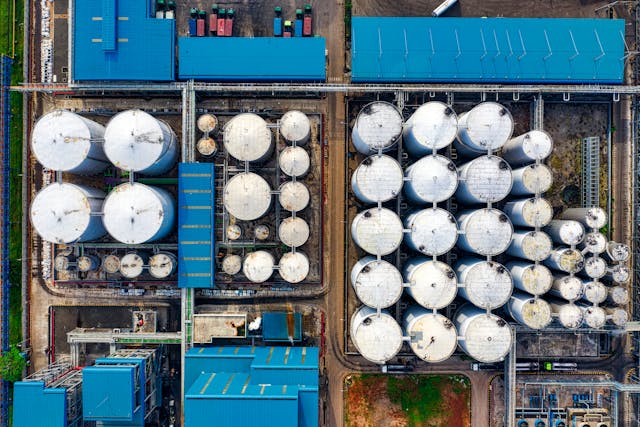
PROCESS HEATERS IN OIL REFINERIES: OVERVIEW AND APPLICATIONS
Process heaters play a vital role in oil refineries, ensuring efficient processing of raw crude oil into valuable petroleum products. These industrial heating systems are critical for initiating and sustaining the necessary chemical reactions in refining processes. Understanding the functions, types, and applications of process heaters is essential for optimizing refinery operations.
What Are Process Heaters?
Process heaters are large, industrial furnaces designed to heat hydrocarbon feedstock to specific temperatures. This heating is essential to separate crude oil into various products, including gasoline, diesel, and other petroleum derivatives. By precisely controlling temperatures, process heaters facilitate the transformation and purification of crude oil into end products.
Types of Process Heaters
In oil refineries, several types of process heaters are employed, each tailored to specific requirements:
- Direct-fired Heaters: These use open flames to heat the hydrocarbons directly. Known for their efficiency, direct-fired heaters are ideal for applications requiring high temperatures.
- Indirect-fired Heaters: Here, combustion occurs in a separate chamber, reducing the risk of contamination. They are preferred for processes requiring precise temperature control.
- Steam Heaters: Utilizing steam, these heaters offer a reliable and safe heating source and are often used in refineries with easy steam access.
Applications of Process Heaters in Refineries
Process heaters are used in multiple refinery units, including:
- Crude Oil Distillation: The first stage of refining uses heaters to separate crude oil into fractions.
- Hydrocracking: Heaters enable the breakdown of heavy hydrocarbons into lighter products like jet fuel.
- Desulfurization: This process removes sulfur, an essential step for producing environmentally compliant fuels.
Safety and Efficiency in Process Heating
The efficiency of process heaters affects both the cost and environmental footprint of a refinery. Advanced automation systems are now common in heater operations, providing real-time monitoring and adjustments. This technology helps reduce energy waste and improves safety by minimizing the risk of overheating.
Conclusion
Process heaters are indispensable for refining oil. By maintaining specific temperatures, these systems support key chemical reactions and processes. As the oil and gas industry evolves, innovations in process heaters continue to enhance refinery efficiency, safety, and environmental performance.
